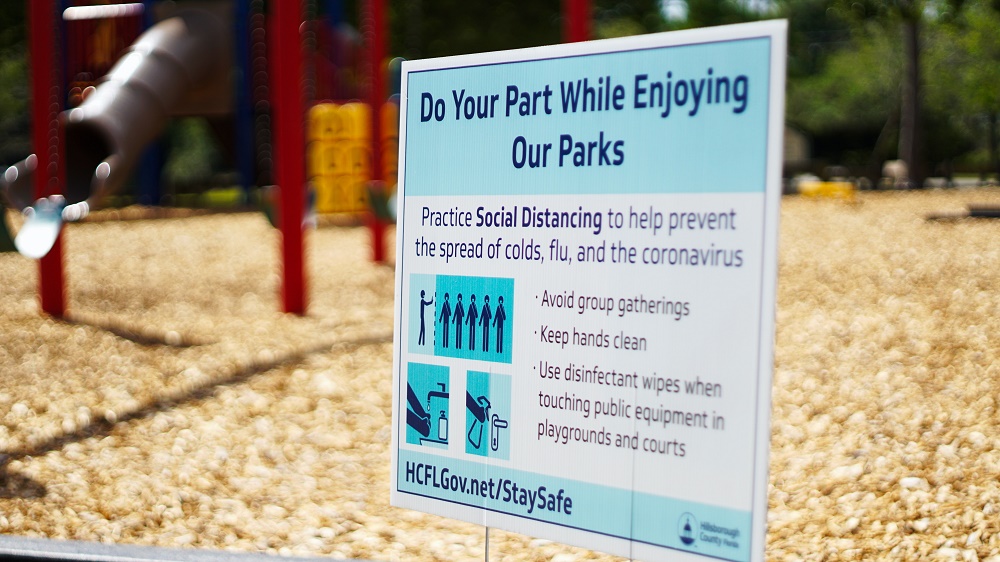In this post, Antonia Schroeder (MSc Behavioural Science) uses behavioural science theory to help understand and explain vaccine hesitancy. Antonia suggests that awareness of such behaviours could help with the design and implementation of effective policy interventions to address it.
As the Covid-19 vaccines are being rolled out, many people are reluctant to get vaccinated. A survey by Ipsos MORI, conducted in October 2020, surveyed 18,000 adults in 15 countries, and found that 27% of adults did not intend to get vaccinated (Boyon, 2020). This raises the question; What causes this vaccine hesitancy?
Findings from the field of behavioural science may help us gain a deeper insight into some of the underlying causes of vaccine hesitancy. Several respondents to the Ipsos MORI survey expressed that they did not want to get vaccinated as they thought the risk of the vaccine to be too high or the risk of getting Covid-19 to be too low.
Availability bias can explain the causes of these risk perceptions. When people evaluate an event’s likelihood, they will often assess probabilities by how easily specific outcomes come to mind. In other words, the more available an outcome is mentally, the more likely it is that this outcome will be assigned a higher probability of occurring. This is called the availability heuristic (Tversky & Kahneman, 1974). Therefore, a person trying to understand whether the vaccine is safe or not might try to recall everything they have heard about the vaccine. Since discussions on safety concerns have been rampant, the idea of the vaccine being unsafe might come to mind more quickly, as it is more available. In other words, the availability heuristic can help us understand why people might have certain risk perceptions.
Furthermore, the omission bias can explain why people might actively choose not to get a vaccine. The omission bias leads people to believe negative consequences from actions to be worse than negative consequences from inaction (Brown et al., 2010). When outcomes are unclear, many people would prefer to remain passive rather than actively doing something. The omission bias is a fundamental obstacle to any vaccination process, as vaccination requires action. However, people already hesitant to vaccination might believe potential side-effects to be worse than possibly contracting the disease, simply because the side-effects would not have occurred if they had not actively chosen to get vaccinated. In other words, people’s preference for inaction in the face of potential bad outcomes can further explain hesitancy towards vaccination.
Finally, a third finding from Behavioural Science contributing to the rise of vaccine hesitancy is confirmation bias. Confirmation bias is the tendency to look for evidence which is in line with existing beliefs (Nickerson, 1998). Therefore, a person already sceptical of vaccine safety would likely primarily look for information confirming this belief. Much like a person convinced of the safety of vaccines would rarely look for contradicting information. The confirmation bias, in conjunction with clever algorithms, causes certain opinions to scarcely move outside the bubble in which they are accepted. Confirmation bias, therefore, also makes it difficult for new information to penetrate existing beliefs. Thus, a person convinced of the Covid-19 vaccine being unsafe will unlikely encounter contradicting information. Due to confirmation bias, this way of gathering evidence further disseminates disinformation and contributes to the rise in vaccine hesitancy.
In conclusion, there are several findings from behavioural science theory, including availability bias, omission bias and confirmation bias which can help explain some underlying causes of vaccine hesitancy. Merely being aware of these biases and heuristics might not cause anyone to make different choices. However, awareness of the science behind certain behaviours can help in designing and implementing effective policy interventions. This is especially important when herd immunity seems to be the only way out of this pandemic.
Notes
- The views expressed in this post are of the author and not the Department of Psychological and Behavioural Science or London School of Economics and Political Science (LSE).
- This post was part of a competition from the LSESU BPS, looking for submissions to contribute creative insight into any element of 2020. Follow @LSESU_BPS on Instagram.
- Featured image by Diana Polekhina via Unsplash.
References
Boyon, N. (2020, December 5). COVID-19 vaccination intent is decreasing globally. Retrieved January 18, 2021, from https://www.ipsos.com/en/global-attitudes-covid-19-vaccine-october-2020
Brown, K., Kroll, S., Hudson, M., Ramsay, M., Green, John., (2010). ‘Omission Bias and Vaccine Rejection by Parents of Healthy Children: Implications for the Influenza A/H1N1 Vaccination Programme’. Vaccine 28(25): 4181–85.
Nickerson, R. S. (1998). ‘Confirmation Bias: A Ubiquitous Phenomenon in Many Guises’. Review of General Psychology 2(2): 175–220.
Tversky, A., & Kahneman, D. (1974). Judgment under uncertainty: Heuristics and biases. Science, 185(4157), 1124-1131
World Health Organization. (2014). Principles and considerations for adding a vaccine to a national immunization programme: from decision to implementation and monitoring. Accessed on 17.11.2020 at https://apps.who.int/iris/bitstream/ handle10665/111548/9789241506892_eng.pdf?sequence=1




